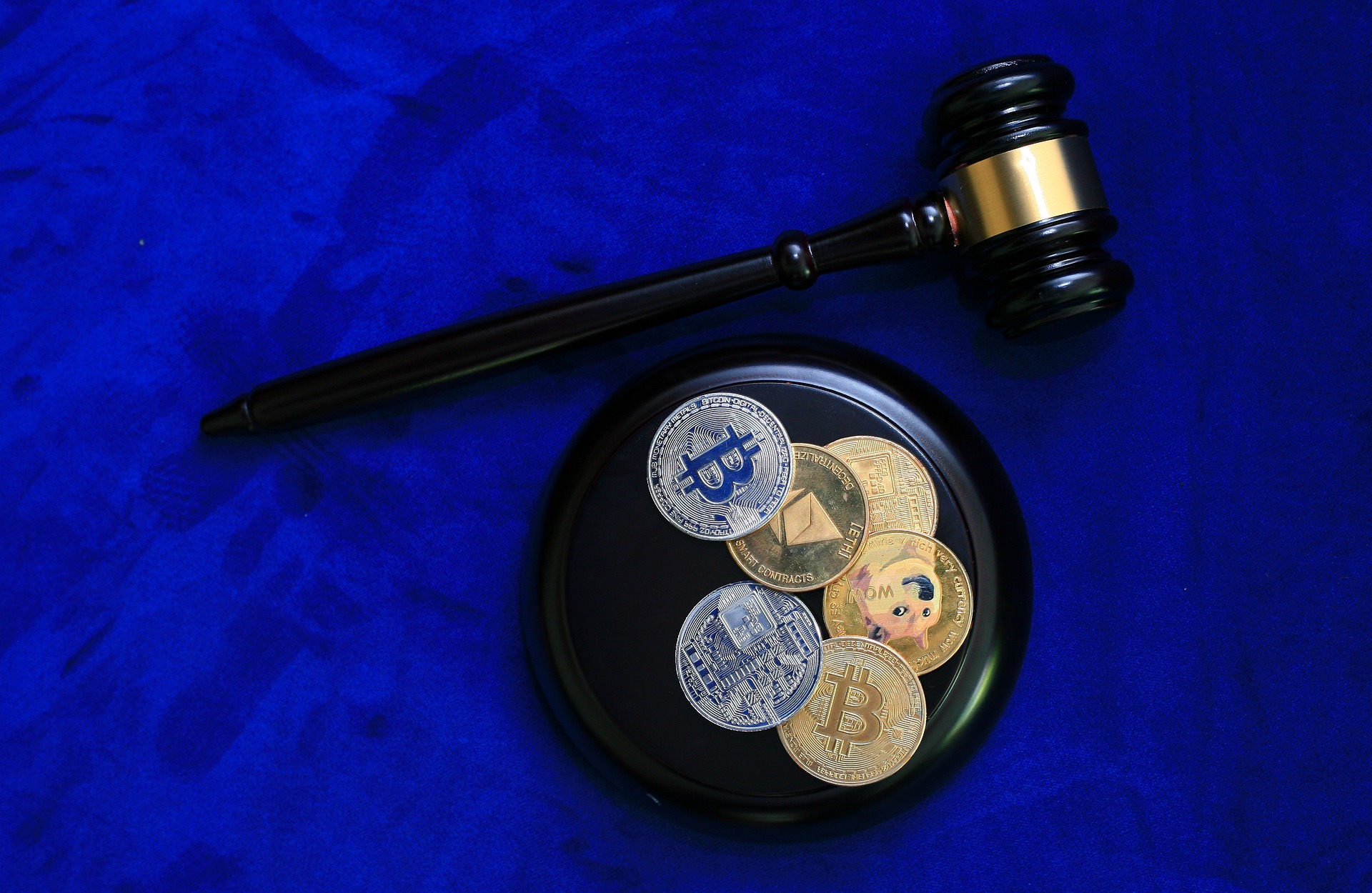The Relevance of Blockchain in Modern Governance
Blockchain technology has been a hot topic in recent years, primarily due to its association with cryptocurrencies. However, this only scratches the surface of the potential of blockchain, particularly in the field of governance. This article delves into the burgeoning role of blockchain in modern governance, and how it can revolutionize transparency, efficiency, and accountability.

Blockchain: A Primer
Blockchain is a decentralized, distributed ledger system that records transactions across multiple computers. It ensures that the recorded transactions cannot be altered retroactively, providing an immutable, transparent, and secure system. This unique aspect of blockchain gives it the capacity to revamp traditional governance systems that often grapple with corruption, inefficiency, and lack of transparency.
Blockchain in Voting Systems
Blockchain can radically transform voting systems, ensuring secure, transparent, and tamper-proof elections. Voter fraud and electoral manipulation have been long-standing challenges. Utilizing blockchain, each vote becomes a secure digital block, ensuring it is immutable once cast. Estonia is a pioneer in utilizing blockchain for e-residency and e-governance, including voting.
Enhancing Public Service Delivery
Government services often suffer from bureaucratic red tape, inefficiency, and lack of transparency. Blockchain can streamline these processes, improving efficiency and reducing corruption. For instance, blockchain can enable direct, transparent fund transfers for welfare schemes, minimizing the chances of misappropriation. Countries like Sweden are already exploring blockchain for land registry management.
Blockchain for Record-Keeping
Government agencies handle massive amounts of data, making data management and record-keeping critical yet challenging. Blockchain can offer secure, transparent, and efficient data management. Health records, academic certificates, and land registries are just a few examples where blockchain can ensure data integrity and accessibility.
Regulatory Challenges and the Way Forward
While the benefits are significant, blockchain in governance also poses regulatory challenges. Issues of legal jurisdiction, data privacy, and technical standards need to be addressed. Governments must work in tandem with technologists and legal experts to create a regulatory framework that facilitates the adoption of blockchain while mitigating potential risks.
- Blockchain is a decentralized, distributed digital ledger that records transactions across multiple computers.
- Blockchain can enhance voting systems, providing a secure, transparent, and tamper-proof method.
- It can streamline public service delivery, improving efficiency and reducing corruption.
- Blockchain can also revolutionize record-keeping, ensuring secure, transparent, and efficient data management.
- Regulatory challenges need to be addressed for widespread adoption of blockchain in governance.
Blockchain technology’s potential extends far beyond cryptocurrencies. Its inherent transparency, security, and immutability make it an excellent tool for modern governance. While challenges exist, with the right regulatory framework, blockchain could revolutionize governance systems, ensuring they are more transparent, efficient, and accountable. This transformation could pave the way for a new era of trust in government operations, fostering greater citizen engagement and participation.




